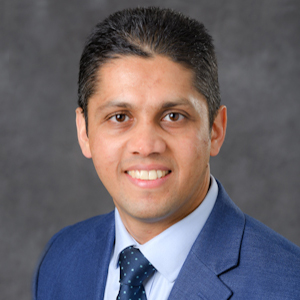Ensuring adequate and sustainable supply of food, energy, and water (FEW) and improving disaster resilience are amongst the greatest challenges of the 21st century. As water demands continue to rise, supplies are dwindling in many regions due to climate change. Meanwhile, human activities are profoundly altering terrestrial hydrologic landscapes over a range of scales. Together, climate change and human stressors are putting compounding pressure on freshwater systems, threatening water and food security, environmental sustainability, and societal resilience.

This seminar will present insights from studies on coupled natural-human hydrologic systems using global to local scale hydrological, agricultural, and ecological models. Outcomes from transdisciplinary FEW systems research in several global regions including the Mid- and South-western U.S. and Amazon and Mekong River basins will be presented. Emphasis will be placed on modeling key water management activities such as irrigation, dam operation, and groundwater pumping, and examining various pathways through which these human stressors affect hydrological, agricultural, ecological, and societal systems. Outstanding research gaps and opportunities for transdisciplinary FEW systems research will also be highlighted.
Dr. Yadu Pokhrel is an Associate Professor in the Department of Civil and Environmental Engineering at Michigan State University (MSU). He obtained his Ph.D. in Civil Engineering from the University of Tokyo (2011) and received postdoctoral training at Rutgers University.
His research focuses on improving the understanding of the changes in the water cycle in response to climate change and accelerating human interventions—from global to local scales. He uses climate, hydrological, agricultural, and ecological models to examine how changes in climate extremes (e.g., floods and droughts) affect water, energy, agricultural, infrastructure, and livelihood systems.
His research projects, funded primarily by the NSF and NASA, are in many global regions including the US, Africa, South/Southeast Asia, and the Amazon River basin in South America. He has published 85+ peer-reviewed articles, with a dozen plus in Nature, Science, and PNAS journals. He has received numerous awards including the NSF CAREER Award, Fulbright U.S. Senior Scholar Award, Withrow Distinguished Junior Scholar Award at MSU, MSU Teacher-Scholar Award, and MSU Lilly Teaching Fellow Award.
He serves as an Editor for Earth Interactions and an Associate Editor for Water Resources Research and Journal of Hydrology.